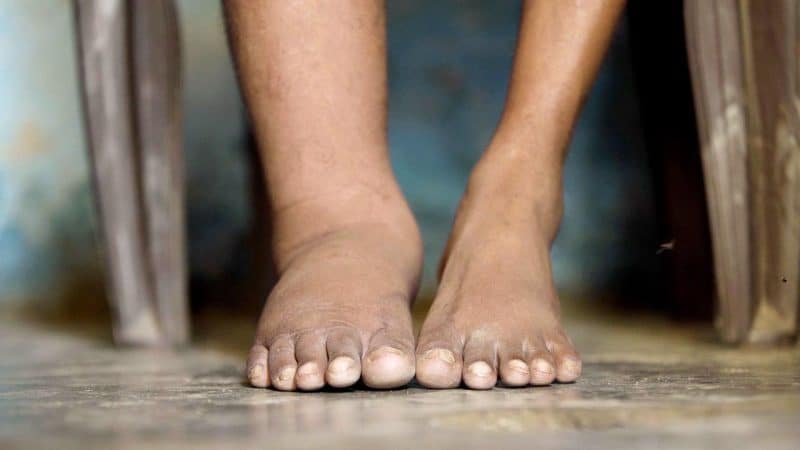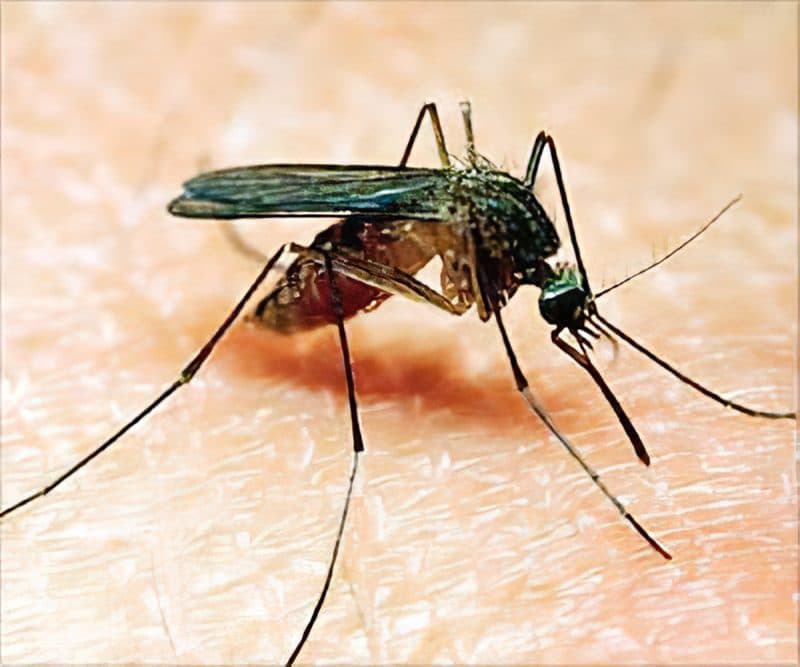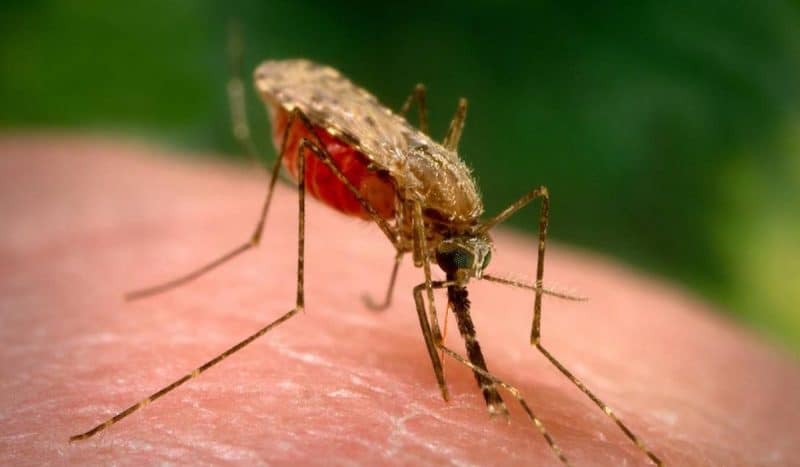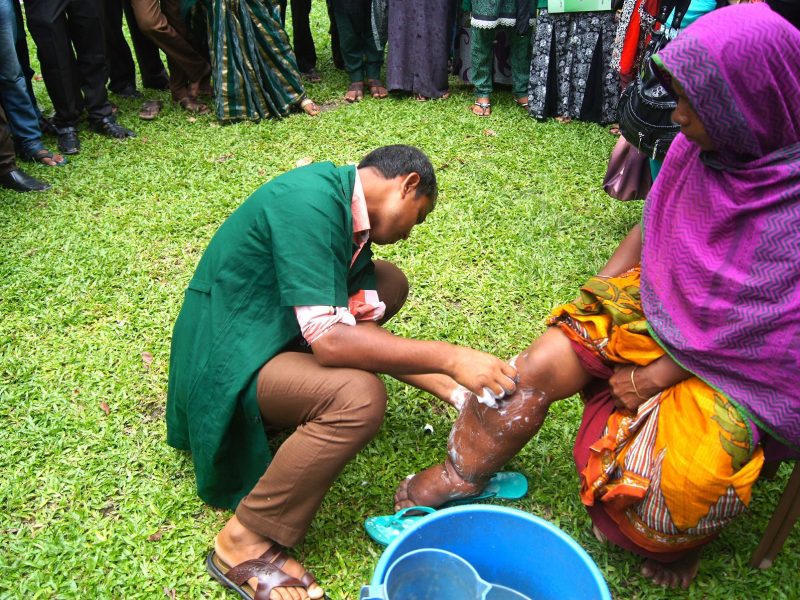Some of the debilitating mosquitoes can cause harmful diseases that cause long-term disability. One of the most common diseases that can cause such consequences is filariasis. Many people often neglect this disease. Filariasis manifests through the swelling of breasts, genitals, and limbs. Research on how to end this disease is still ongoing.
Contracting the disease
The Anopheles species of mosquito is the main transmitter of the disease. Debilitating mosquitoes like this species transfer the parasitic worms. The worms target the lymphatic system. They live and grow there, causing damage. The lymphatic system is an important part of the immune system. It maintains the levels of body fluid. It even shields the body from harmful disease-causing microorganisms. Avoiding mosquito bites is the basic way to avoid this. People in tropical areas often get this disease. Areas with poor sanitation make the residents vulnerable to filariasis. Places surrounded by short grass and near the cast areas are also good infection spots. The infection often takes at least one mosquito bite.
Living with Filariasis
Acute filarial attacks happen in people bitten by debilitating mosquitoes. These attacks involve peeling skin, fever, and swelling in the affected areas. These attacks include reactions to the dead or adult filarial worms. They also include blood contamination. The illness manifests as a deforming swelling. This is followed by peeling of the affected area’s skin. The swelling is referred to as elephantiasis or lymphedema. The arms and legs are the common target areas. Men have hydrocele or enlargement of the scrotum.

This type of swelling affects the patient’s everyday life. Fitting into shoes and clothes become difficult. The swelling makes sexual function and mobility challenges. The harm brought by debilitating mosquitoes can be more than just physical. Relationships and finances can also come out of filariasis. Patients often lose employment because of stigma, embarrassment, and disability. They also get mistreated in the workplace and community. Mental health also suffers.
Seeing the Doctor
Filariasis makes you more vulnerable to infections. Swelling, skin thickening, and skin peeling are enough to see the doctor. A blood test will enable the doctor to look at microscopic worms. The patient’s blood must be taken at night. This is when the worms are active. The swelling may not happen until years later. Lab tests may appear negative at first. Ultrasounds and X-rays can rule out causes of swelling.

Studies show that tetracycline-based antibiotics might help treat early-stage filariasis. However, because of the widespread antibiotic resistance, this is not advisable for everyone. Endemic communities have mass drug administrations and infection control as the primary strategies. Challenges still spring up despite the successes of these solutions.

Authorities and private organizations prevent debilitating mosquitoes from attacking through drug administration and awareness campaigns. This puts filariasis at bay. It is also necessary to encourage cleaning yards, unclogging gutters, clearing bushes, and proper waste disposal. These practices reduce the incidence of infection by debilitating mosquitoes.
Barriers to Eliminating Filariasis
There are still blocks to the elimination of debilitating mosquitoes and filariasis. The drugs for mass control only kill the larvae. They do little harm to the adults, which means that patients need to get them, yearly. Regular and early treatment prevents disfigurement.

Some communities view their disease through their culture and traditions. Ancestral curses, witchcraft, and sorcery were the ones blamed by the people. That is why most of them seek relief from village priests or ritualists. Other communities also make it difficult for women to access proper treatment for filariasis.
Getting Rid of Debilitating Mosquitoes Is a Priority in Eliminating Filariasis
Debilitating mosquitoes will always surround the vulnerable areas and cause filariasis. People who have a mosquito problem have a high risk of contracting filariasis. Preventing mosquito bites is an important way to keep the disease at bay. Keeping debilitating mosquitoes at bay is possible through mosquito coils, citronella torches, and applying mosquito repellants can keep bites off.